Uutiset
-
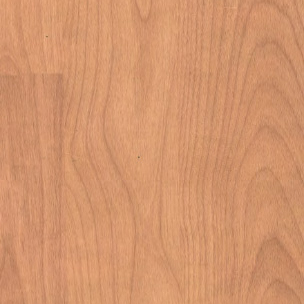
Duplex Paper Price List Exporters
Duplex Paper Price List Exporters and Their Competitive Advantages In the world of paper trading, dRead more -
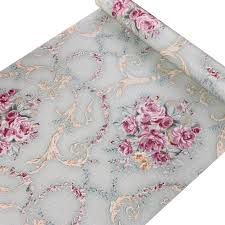
White Furniture Wrap Mfg
White Furniture Wrap Manufacturer A Comprehensive Guide In today's competitive market, standing outRead more -
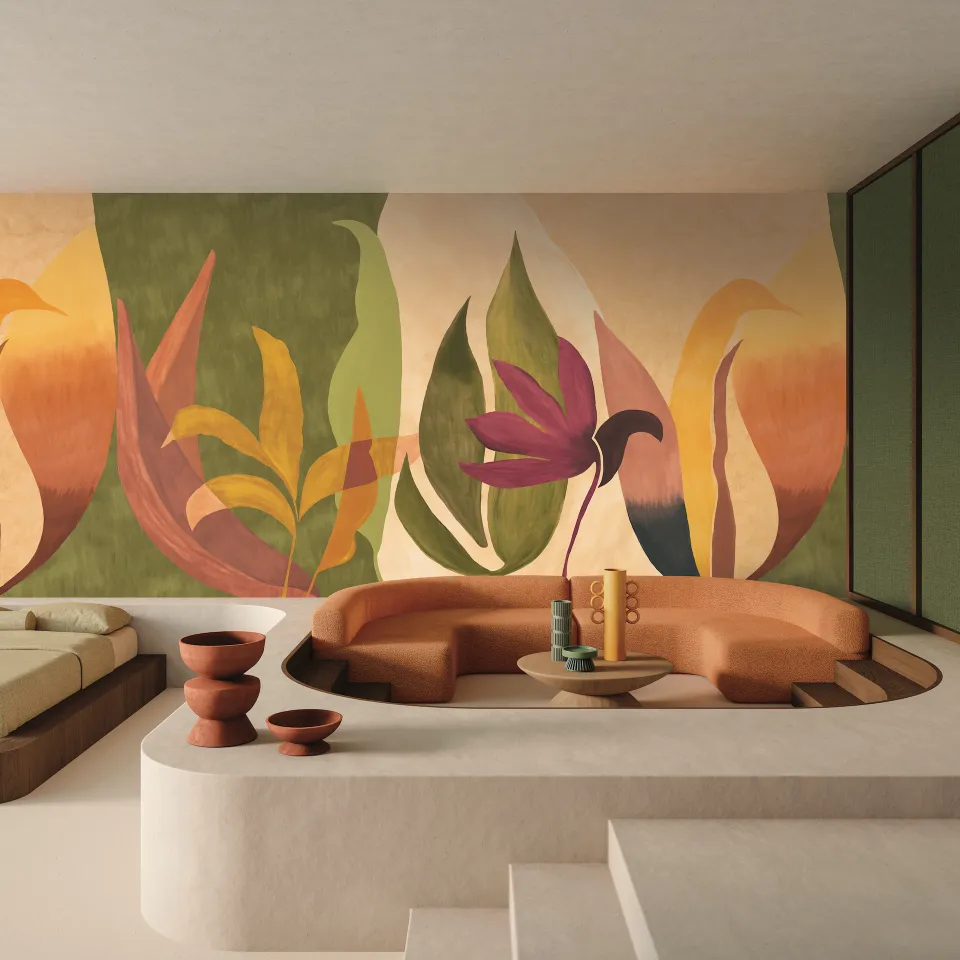
Decorate your cupboard with paper products.
Cupboard Decoration with Paper Products A Creative and Inexpensive Way to Add Personality The。,,。,。Read more -
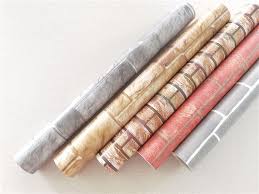
Duplex Board Products
Duplex Board Products Enhancing Efficiency and Versatility in Electronics Manufacturing In the realRead more -
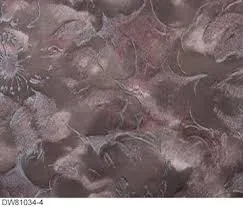
Using Decorative Contact Paper: Guide & Project Ideas
Decorating with contact paper is an affordable way to turn everyday items into eye-catching room accents. With a little creativity, a roll of contact paper can be the cheapest, but best investment for your home decor project.Read more -
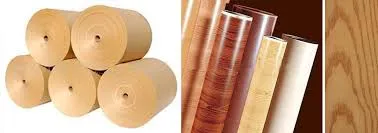
You Should Use Contact Paper Around Your Home
Though long-associated with lining drawers and shelves, contact paper has a lot more to offer. And if your only experience with it has been limited to clear (to cover your workbooks in school), white, and the range of pastel-colored patterns available in the ‘90s, you’re in for a surprise.Basically, think of a material or finish, and there’s a type of contact paper designed to look like it. And now there are countless colors, patterns, and types to fit almost any job. Of course, contact paper isn’t meant to be a permanent solution, and whatever you’re covering up will still have the same problems, but it can do a lot to spruce up a sad-looking space on a tight budget. Here are a few suggestions.Read more -
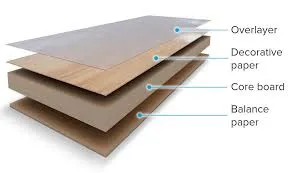
How to Apply Contact Paper to Furniture
If you’re thinking about applying contact paper to your furniture, then read on for some easy tips. There are several methods to use, including sanding down the old surface and applying stains. But the most effective way to create unique furniture is through a pattern. Contact paper furniture can also be used to create custom decals and labels. This article will also show you how to refinish your furniture once it has been covered with contact paper.Read more -
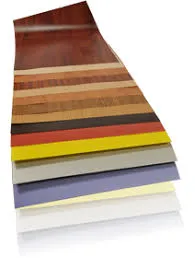
What’s The Difference Between Contact Paper And Wallpaper?
In contrast to contact paper, wallpaper is a thicker material made from paper or vinyl. It can also be sourced in a much wider variety of patterns, designs, and textures than contact paper. Wallpaper can be either pre-pasted (requiring water activation) or unpasted (needing a separate adhesive).Because it is not peel-and-stick like contact paper, wallpaper installation is generally fairly involved. That said, wallpaper is generally more durable and can withstand a higher degree of wear and tear.Read more -
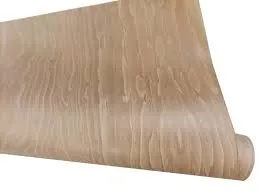
HOW I UPGRADED MY OLD DRESSER WITH DECORATIVE CONTACT PAPER
When the itch to update your current space comes, it’s hard not to scratch it.Since many of us have been home for eight months-plus staring at all our old furniture and décor dreaming of new pieces as we’ve worked remotely, I’ve noticed a few items in my home that I’ve wanted to upgrade but don’t really have the budget to upgrade—at least with new, comparable items.In particular, I own a plain dresser that I’ve wanted to replace with a brand new piece that feels more my taste, which is retro and stylish. However, to curb the cost—not to mention the hours of putting together said dresser—I opted instead to spruce up my dresser with something inexpensive and temporary.By taking a DIY route and using decorative contact paper to change the look of my dresser, I was able to completely transform its vibe. And, I was able to do it for under $30.Read more -
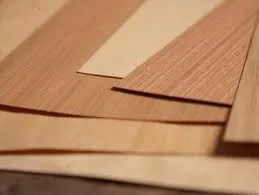
Tips to Choose Decorative Paper For Furniture
There are different types of decorative paper available for furniture. You can choose from ornate papers, painted decor papers, PU decorative foil paper, and wood contact paper. Read this article to find out more. We have listed the different types of decorative papers and the different types of furniture they are ideal for. The following are a few tips for choosing the right type for your home. And don’t forget to experiment with the different options!Read more -
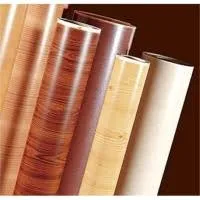
INTRODUCTION OF MELAMINE PAPER
Melamine paper is a kind of decorative paper for composite wood board (for furniture), flooring etc, plays an important role for home decor and mall decor, you can find melamine paper products everywhere. Difference from the finish paper foil, the melamine paper sheet without texture design on the surface, is formed by dipping the printed in the melamine resin. Therefore, the melamine paper is hard sheet by sheet, packages by square package, the size is cutted after production.Read more -
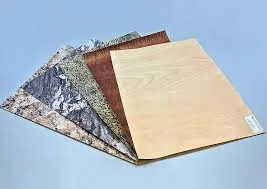
What is Melamine Paper and How to Laminate Paper With a Machine
The process of melamine paper molding requires the following conditions. The process must be controlled to ensure quality. This article will introduce the process to make melamine-impregnated paper. Read on to know more. Decorative papers are often made of this material. They are extremely durable, heat-resistant, and water-resistant. They are easy to clean, making them a popular choice for high-demand furniture.Melamine paper is a type of direct laminate. It is typically produced with a high-pressure, short-cycle press line. The resin is applied to the paper layers and turns them into a solid plastic surface. When this paper is pressed onto a board surface, it does not need adhesive. Hot press machines are used to press the melamine paper onto the surface of the board. This material is commonly used for HPL and lamination flooring.Read more

